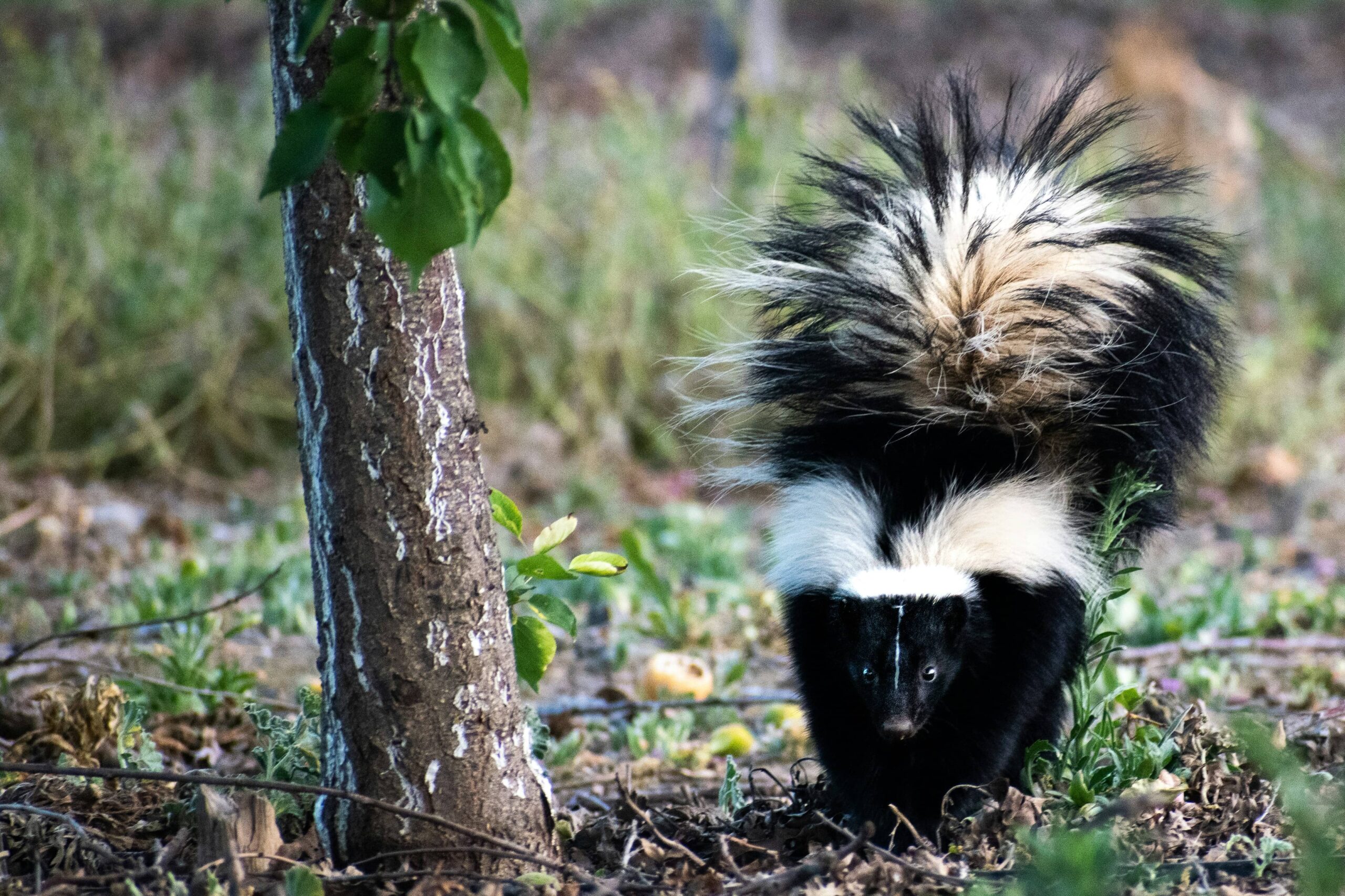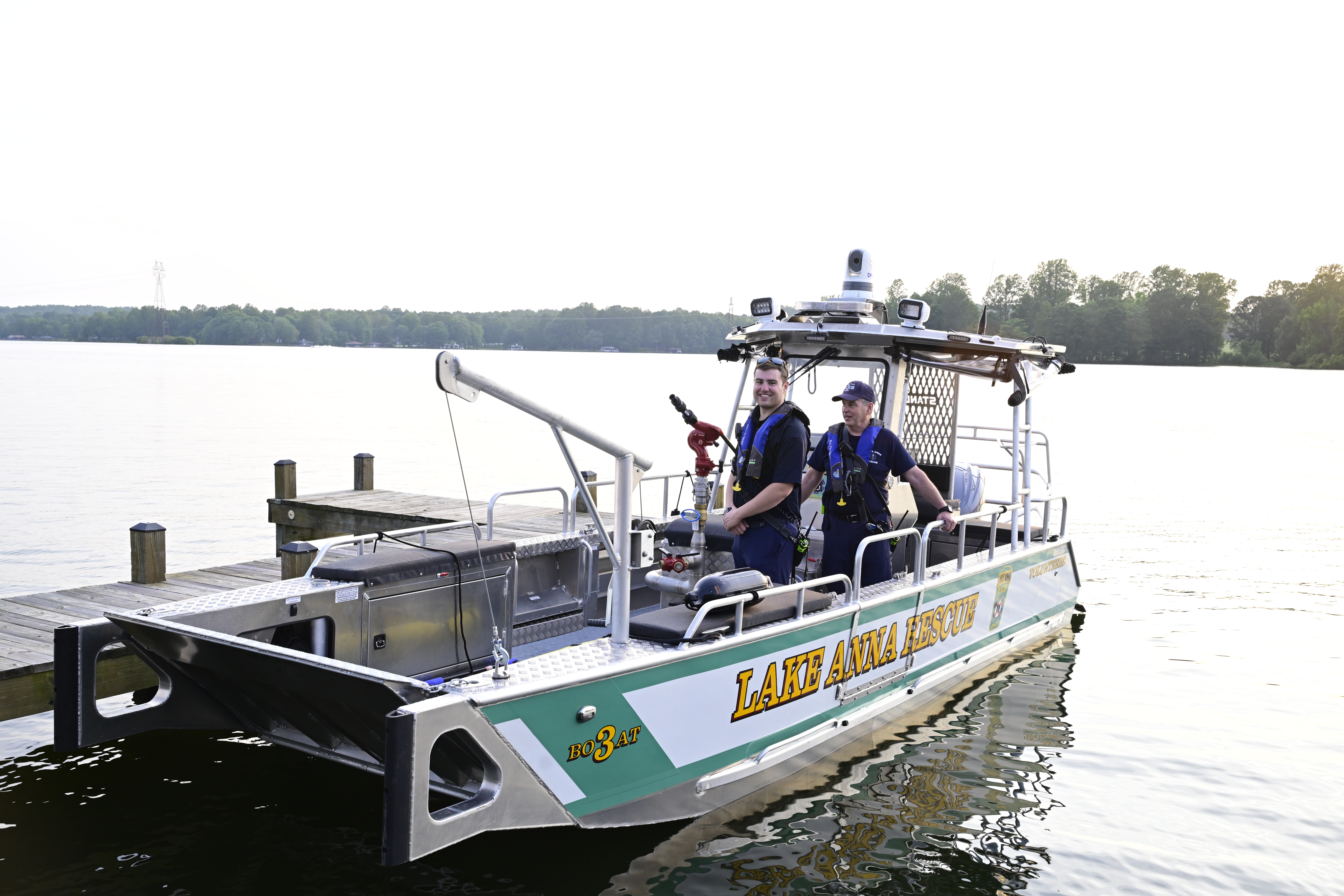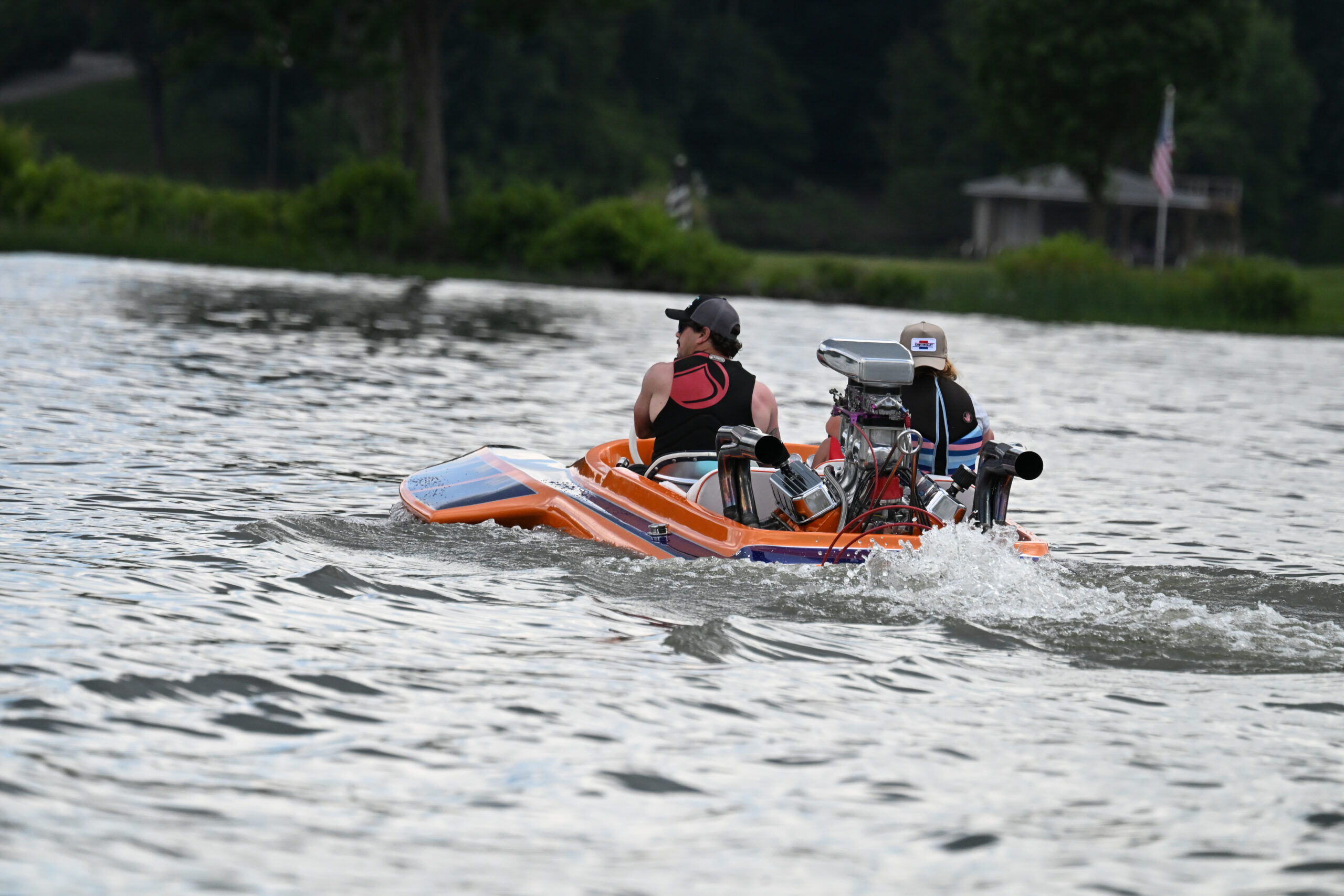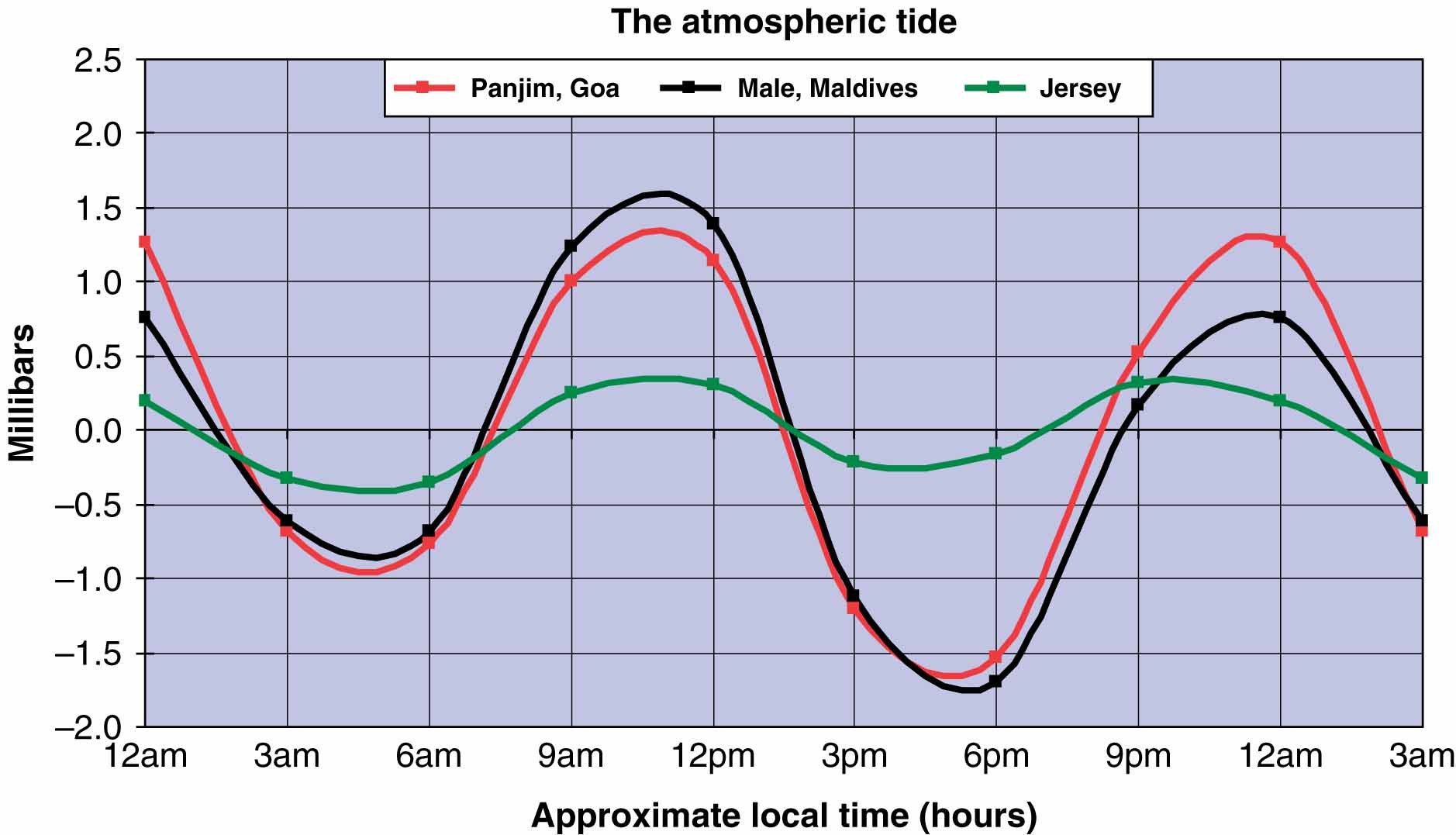
Skunks, with their distinctive black and white fur and potent odor, often evoke a mix of curiosity and caution when spotted. While these creatures tend to keep to themselves for most of the year, there’s one time when their presence might become more pronounced: mating season. Understanding skunks’ behavior during this period can help mitigate any potential conflicts and ensure a harmonious coexistence with these fascinating creatures.
When is Skunk Mating Season at Lake Anna?
Like in many other regions, skunk mating season at Lake Anna typically occurs during late winter to early spring, with peak activity often observed between January and March. As the days grow longer and temperatures begin to rise, skunks become more active in their search for mates, increasing the likelihood of sightings around the lake and nearby habitats.
Navigating Skunk Behavior During Mating Season
During mating season, skunks may display altered behavior as they pursue reproductive opportunities. Male skunks may roam over larger territories in search of receptive females, sometimes bringing them into closer proximity to human-inhabited areas such as lakefront properties and campgrounds. Female skunks, meanwhile, may emit pheromones to attract potential mates, drawing males to specific locations around the lake.
Tips for Coexisting with Skunks at Lake Anna
Whether you’re a resident or a visitor enjoying the natural splendor of Lake Anna, here are some tips for peacefully coexisting with skunks during mating season:
- Secure Food Sources: Avoid leaving pet food or unsecured garbage outside, as these can attract skunks looking for easy meals. Keep food stored in sealed containers and dispose of garbage properly to minimize the risk of attracting wildlife.
- Maintain Distance: If you encounter a skunk during your outdoor adventures around Lake Anna, give it plenty of space and avoid sudden movements or loud noises. Back away slowly to allow the skunk to retreat without feeling threatened.
- Pet Safety: Keep pets on leashes and under close supervision, especially during dawn and dusk when skunks are most active. Avoid allowing pets to roam freely around the lake area to reduce the likelihood of encounters with skunks or other wildlife.
- Monitor Potential Den Sites: Be vigilant for signs of skunk activity around your property, such as burrows or den entrances. Seal off potential den sites to deter skunks from nesting in undesirable locations.
- Seek Professional Assistance: If you encounter a skunk that appears injured or sick, contact local wildlife authorities or animal control for assistance. Attempting to handle or approach a distressed skunk can result in defensive behavior and potential exposure to their spray.
By implementing these proactive measures and understanding skunks’ behavior during mating season, residents and visitors can enjoy the beauty of Lake Anna while minimizing potential conflicts with its wildlife inhabitants. With respect for nature and responsible stewardship of our shared environment, Lake Anna can remain a haven for both humans and skunks alike.

Hi! I’m Jennifer Bailey and I partner with entrepreneurs who have massive ideas that could change the world. Most marketing is meaningless. Filled with empty promises, its only job is to bring in new traffic, new leads, and new customers. But I’ve drawn a line in the sand, and I’ve learned that marketing can do so much more than reach business goals and build profit. My methods give businesses the fire and soul they need to reach the right people, set the groundwork for sustainable relationships, and offer true value to the people on both the giving and receiving ends of marketing.
Subscribe for Updates
Sponsors
latest articles
Plan Ahead for a Safe and Sober Holiday Weekend on the Water [Photo Gallery]
![Featured image for “Plan Ahead for a Safe and Sober Holiday Weekend on the Water [Photo Gallery]”](https://lakeanna.online/wp-content/uploads/2025/06/DFW-RIde-Along-8104.jpg)
Fully Community-Funded Rescue Boat Brings Life-Saving Power to the Water

[Sponsored] Holmes on Homes: Business Built on Trust, Grit and Quality
![Featured image for “[Sponsored] Holmes on Homes: Business Built on Trust, Grit and Quality”](https://lakeanna.online/wp-content/uploads/2025/06/FinalHolmes-1.jpg)
Jet Boat Community Celebrates Service and Safety at 2025 Lake Anna Invasion

Best of Lake Anna Corrections & Announcements

Barometric Tides, Explained

Skunks, with their distinctive black and white fur and potent odor, often evoke a mix of curiosity and caution when spotted. While these creatures tend to keep to themselves for most of the year, there’s one time when their presence might become more pronounced: mating season. Understanding skunks’ behavior during this period can help mitigate any potential conflicts and ensure a harmonious coexistence with these fascinating creatures.
When is Skunk Mating Season at Lake Anna?
Like in many other regions, skunk mating season at Lake Anna typically occurs during late winter to early spring, with peak activity often observed between January and March. As the days grow longer and temperatures begin to rise, skunks become more active in their search for mates, increasing the likelihood of sightings around the lake and nearby habitats.
Navigating Skunk Behavior During Mating Season
During mating season, skunks may display altered behavior as they pursue reproductive opportunities. Male skunks may roam over larger territories in search of receptive females, sometimes bringing them into closer proximity to human-inhabited areas such as lakefront properties and campgrounds. Female skunks, meanwhile, may emit pheromones to attract potential mates, drawing males to specific locations around the lake.
Tips for Coexisting with Skunks at Lake Anna
Whether you’re a resident or a visitor enjoying the natural splendor of Lake Anna, here are some tips for peacefully coexisting with skunks during mating season:
- Secure Food Sources: Avoid leaving pet food or unsecured garbage outside, as these can attract skunks looking for easy meals. Keep food stored in sealed containers and dispose of garbage properly to minimize the risk of attracting wildlife.
- Maintain Distance: If you encounter a skunk during your outdoor adventures around Lake Anna, give it plenty of space and avoid sudden movements or loud noises. Back away slowly to allow the skunk to retreat without feeling threatened.
- Pet Safety: Keep pets on leashes and under close supervision, especially during dawn and dusk when skunks are most active. Avoid allowing pets to roam freely around the lake area to reduce the likelihood of encounters with skunks or other wildlife.
- Monitor Potential Den Sites: Be vigilant for signs of skunk activity around your property, such as burrows or den entrances. Seal off potential den sites to deter skunks from nesting in undesirable locations.
- Seek Professional Assistance: If you encounter a skunk that appears injured or sick, contact local wildlife authorities or animal control for assistance. Attempting to handle or approach a distressed skunk can result in defensive behavior and potential exposure to their spray.
By implementing these proactive measures and understanding skunks’ behavior during mating season, residents and visitors can enjoy the beauty of Lake Anna while minimizing potential conflicts with its wildlife inhabitants. With respect for nature and responsible stewardship of our shared environment, Lake Anna can remain a haven for both humans and skunks alike.

Hi! I’m Jennifer Bailey and I partner with entrepreneurs who have massive ideas that could change the world. Most marketing is meaningless. Filled with empty promises, its only job is to bring in new traffic, new leads, and new customers. But I’ve drawn a line in the sand, and I’ve learned that marketing can do so much more than reach business goals and build profit. My methods give businesses the fire and soul they need to reach the right people, set the groundwork for sustainable relationships, and offer true value to the people on both the giving and receiving ends of marketing.
Subscribe for Updates
Sponsors
latest articles
Plan Ahead for a Safe and Sober Holiday Weekend on the Water [Photo Gallery]
![Featured image for “Plan Ahead for a Safe and Sober Holiday Weekend on the Water [Photo Gallery]”](https://lakeanna.online/wp-content/uploads/2025/06/DFW-RIde-Along-8104.jpg)
Fully Community-Funded Rescue Boat Brings Life-Saving Power to the Water

[Sponsored] Holmes on Homes: Business Built on Trust, Grit and Quality
![Featured image for “[Sponsored] Holmes on Homes: Business Built on Trust, Grit and Quality”](https://lakeanna.online/wp-content/uploads/2025/06/FinalHolmes-1.jpg)
Jet Boat Community Celebrates Service and Safety at 2025 Lake Anna Invasion

Best of Lake Anna Corrections & Announcements

Barometric Tides, Explained


Belmont Ruritan Clubs Award $26,000 in Scholarships to Local Seniors
Article By Jen Bailey

Exclusive Golf Excursions for Cutalong Members
Article By Jen Bailey






